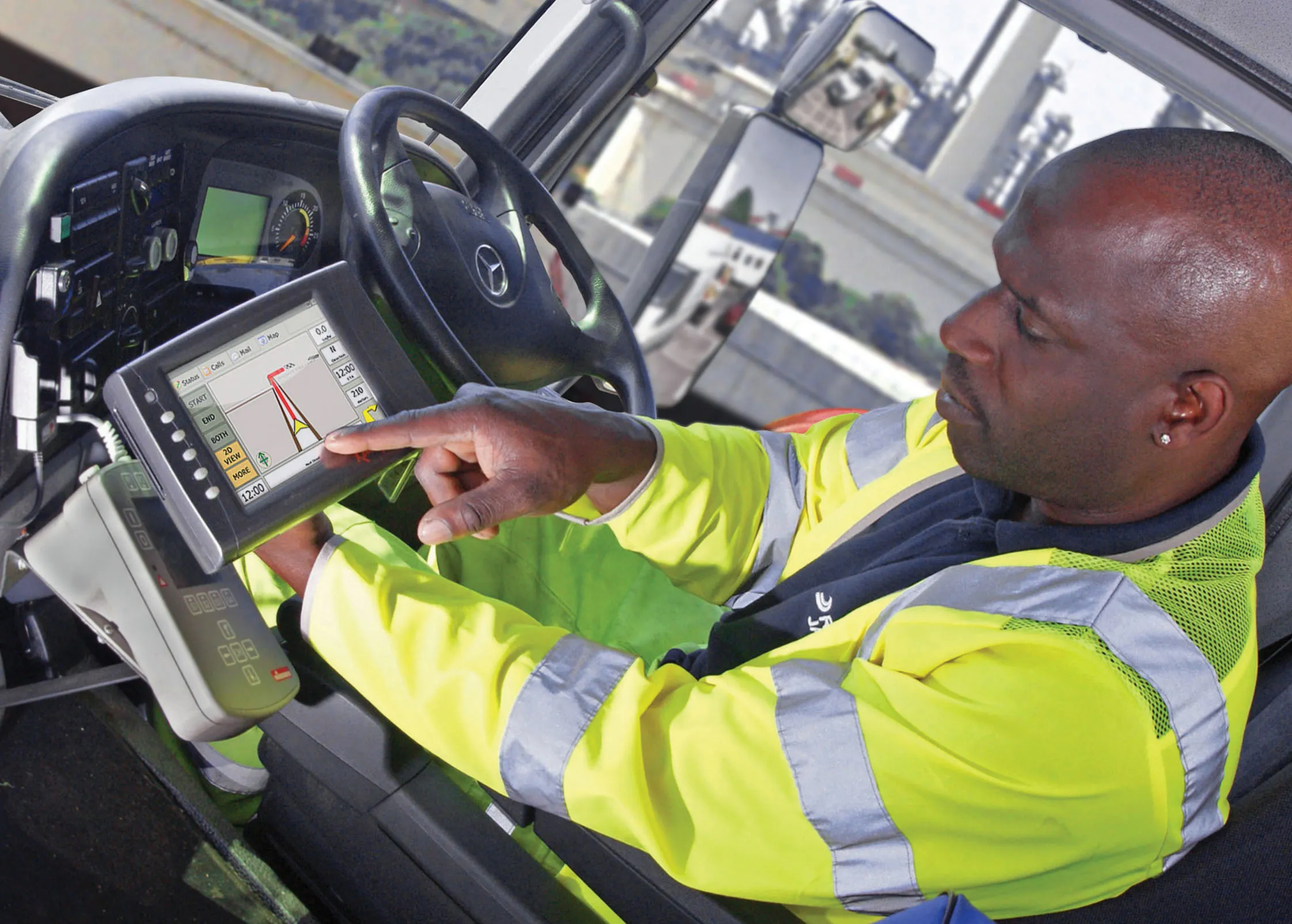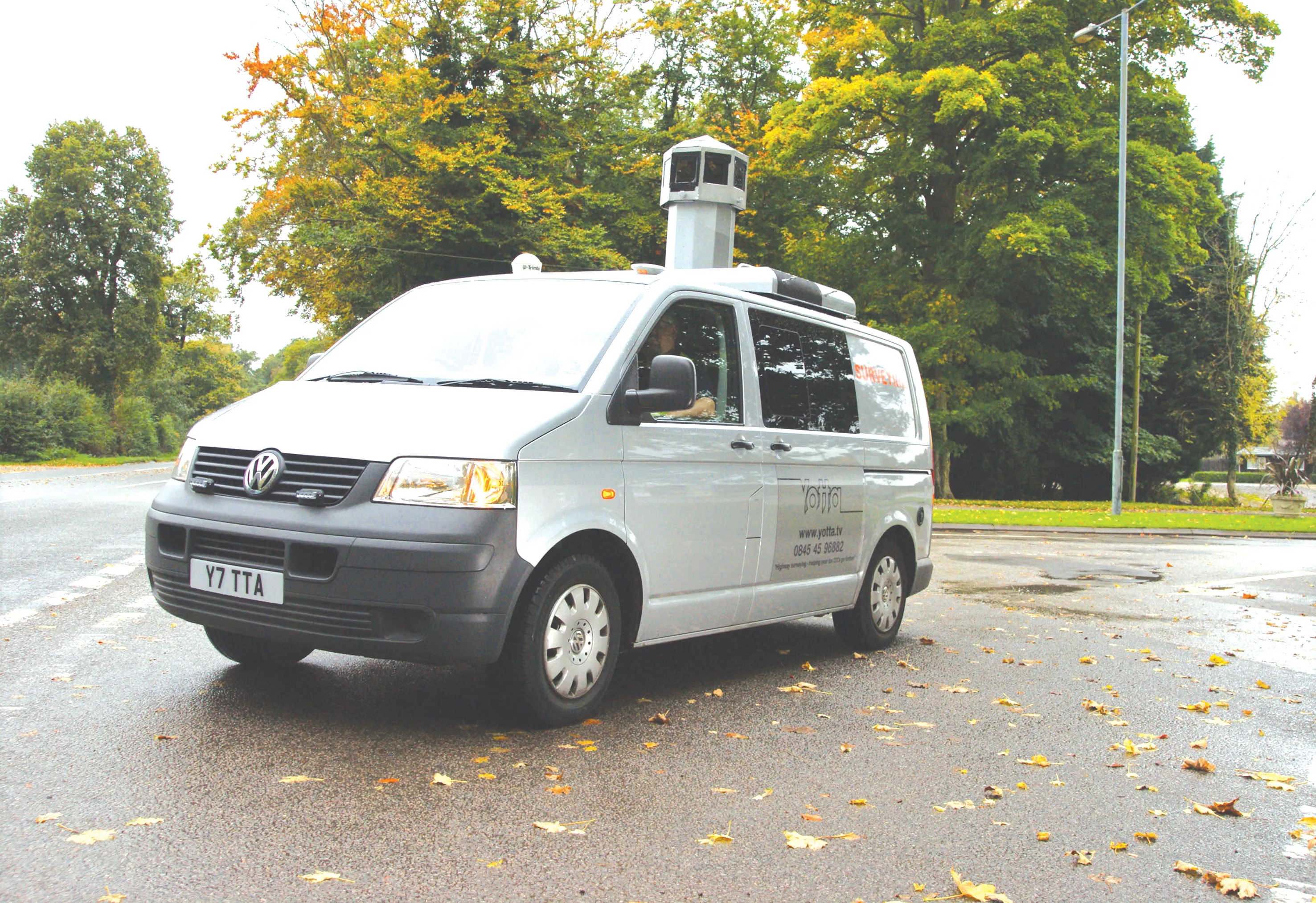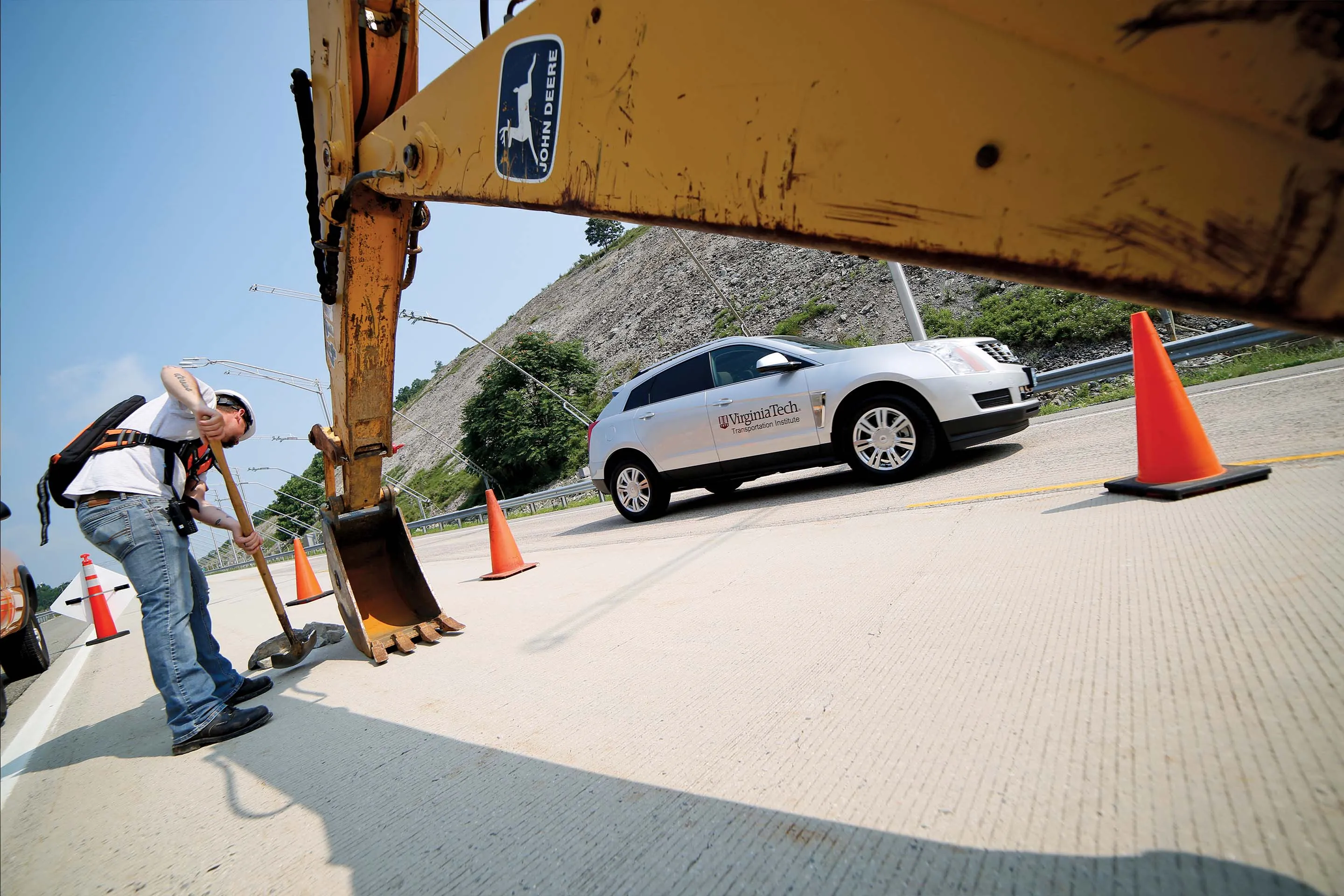Mobexx is offering a satellite communications capability for its Mentor Ranger in-vehicle computer intended to improve lone worker safety. The system switches automatically between cellular and satellite networks depending on the available coverage. This package is said to maximise connectivity between site personnel and the office, providing improved monitoring and communication whenever they are operating in high risk situations or isolated sites. The new satellite interface allows the Work Alone system t
February 10, 2012
Read time: 2 mins









